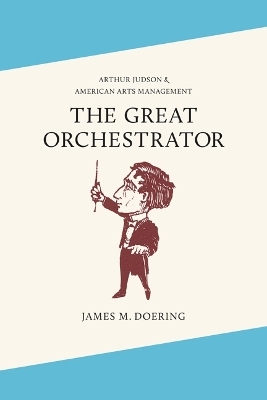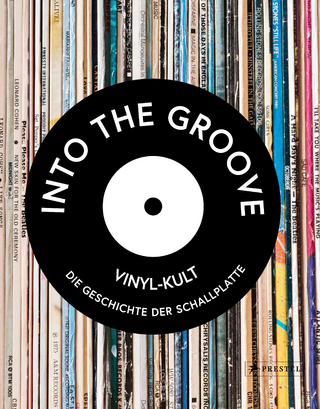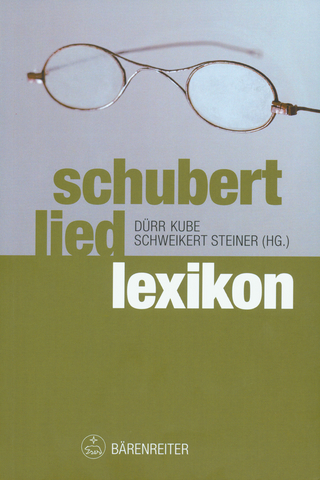
The Great Orchestrator
University of Illinois Press (Verlag)
978-0-252-03741-2 (ISBN)
This biography charts the career and legacy of the pioneering American music manager Arthur Judson (1881–1975), who rose to prominence in Philadelphia and New York at the beginning of the twentieth century. A violinist by training, Judson became manager of the Philadelphia Orchestra in 1915 under the iconic conductor Leopold Stokowski. Within a few years, Judson also took on management of the New York Philharmonic, navigating a period of change and the tenures of several important conductors who included William Mengelberg, Arturo Toscanini, and John Barbirolli. Judson also began managing individual artists, including pianists Alfred Cortot and Vladimir Horowitz, violinist Jasha Heifetz, and cellist Gregor Piatigorsky. He also organized the U.S. tours of several prominent composers, including Igor Stravinsky and Vincent d'Indy. At the same time, Judson began managing conductors. His first clients were Stokowski and Fritz Reiner. By the 1930s, Judson's conductor list included most of the important conductors working in America. Drawing on rich correspondence between Judson and the conductors and artists he served, James M. Doering demonstrates Judson's multifaceted roles, including involvement with programming choices, building audiences, negotiating with orchestra members and their unions, and exploring new technologies for extending the orchestras' reach. In addition to his colorful career behind the scenes at two preeminent American orchestras, Judson was important for a number of innovations in arts management. In 1922, he founded a nationwide network of local managers and later became involved in the relatively unexplored medium of radio, working first with WEAF in New York City and then later forming his own national radio network in 1927. Providing valuable insight into the workings of these orchestras and the formative years of arts management, The Great Orchestrator is a valuable portrait of one of the most powerful managers in American musical history.
James M. Doering is a professor of music at Randolph-Macon College.
CoverTitle PageCopyrightContentsAcknowledgmentsIntroduction: Confronting the Silent GiantPart I: Discovering the Audience 1900–19211. The Young Educator2. The Lessons of Musical America3. Fertile Ground in Philadelphia, 1915–1921Part II: Cooperation and Cultivation 1921–19424. New Alliances, New Media, New York5. Managing a Renewal, 1922–19306. The List, the Old Man, and the English Replacement7. Competition and IndecisionPart III: The Empire of Diminishing Returns 1942–19568. The War Years and a Shift to a New Era9. Troubled WatersConclusion: Lessons From AJEpilogue: The Final YearsAppendix: Leaders of the New York Philharmonic Board of Directors, 1921–1963NotesSelected BibliographyIndex
| Reihe/Serie | Music in American Life |
|---|---|
| Zusatzinfo | 9 black and white photographs, 1 line drawing, 4 charts, 11 tables |
| Verlagsort | Baltimore |
| Sprache | englisch |
| Maße | 152 x 229 mm |
| Gewicht | 594 g |
| Themenwelt | Literatur ► Biografien / Erfahrungsberichte |
| Kunst / Musik / Theater ► Musik ► Allgemeines / Lexika | |
| Kunst / Musik / Theater ► Musik ► Klassik / Oper / Musical | |
| ISBN-10 | 0-252-03741-3 / 0252037413 |
| ISBN-13 | 978-0-252-03741-2 / 9780252037412 |
| Zustand | Neuware |
| Haben Sie eine Frage zum Produkt? |
aus dem Bereich


